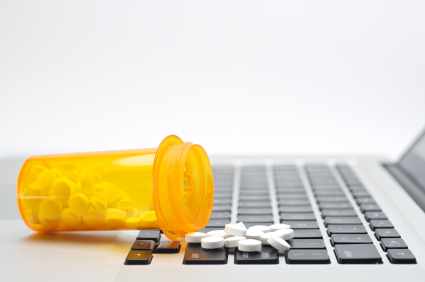Psychotherapy Prevents Recurrence of Depression
New research shows that psychotherapy lowers the risk of relapse in unipolar major depression more than “treatment as usual” does, and also heads off depression in children at high risk.
At the 2013 meeting of the American Psychiatric Association, researcher Pim Cuijpers reviewed 32 trials of cognitive behavior therapy, intensive behavioral therapy, and problem solving therapy used for the prevention of depression and found that these therapies were associated with a 21% lower risk of relapse compared to treatment as usual.
There were five critical elements that made these therapies useful: they supported coping with depression, and they included exercise, mindfulness, internet-based cognitive behavior therapy, and problem solving.
Among those who presented at the meeting, Greg Clarke of Kaiser Permanente, Oregon discussed an 8-week course on coping with stress given to a group of adolescents (aged 14 to 16) who had four times the normal risk of developing depression because each had a parent with depression. Clarke found a significant reduction in depression among the adolescents who received therapy compared to controls.
Insomnia can be a precursor to a first depression or to recurrent depression. Cognitive behavior therapy was more effective in improving sleep than a comparative sleep hygiene course.
Researcher Judy Garber presented data showing that cognitive behavior therapy was effective in 13- to 17-year-olds who had a parent with depression and had themselves had a prior depression or were currently sub-syndromal. The effect of the therapy was only significant if the parent was not depressed at intake.
Most Online Pharmacies Fake, Says FDA
In late 2012, the Federal Drug Administration announced that 97% of online pharmacies violated state or federal laws and/or safety and practice standards set by the National Association of Boards of Pharmacy. Medications sold by fake pharmacies may be fake, expired, contaminated, not approved by the FDA, or unsafe.
Here are some warning signs that may mean an online pharmacy is fake:
- Allows you to buy medications without a prescription.
- Offers prices that are too good to be true.
- Sends spam emails offering discount prices.
- Is located outside the US.
- Is not licensed in the US
Real pharmacies are licensed by the state where they are located. They should provide a physical address and phone number, where you can reach a pharmacist who can answer your questions.



